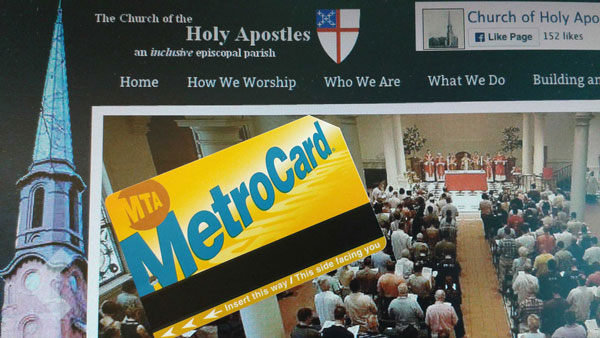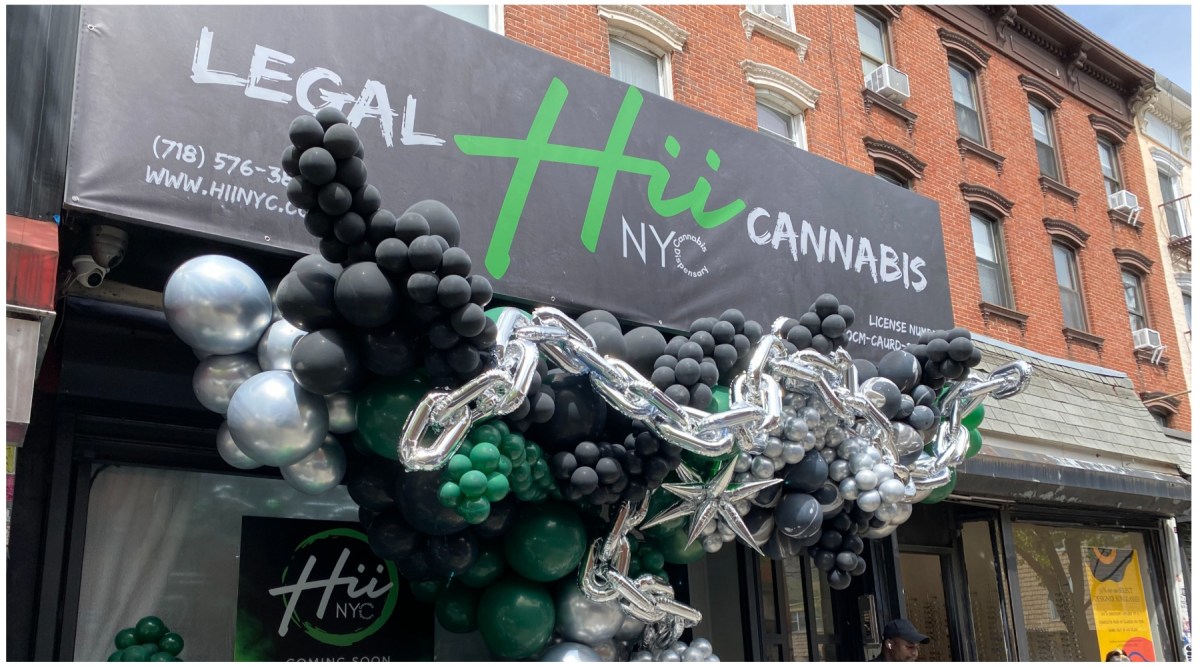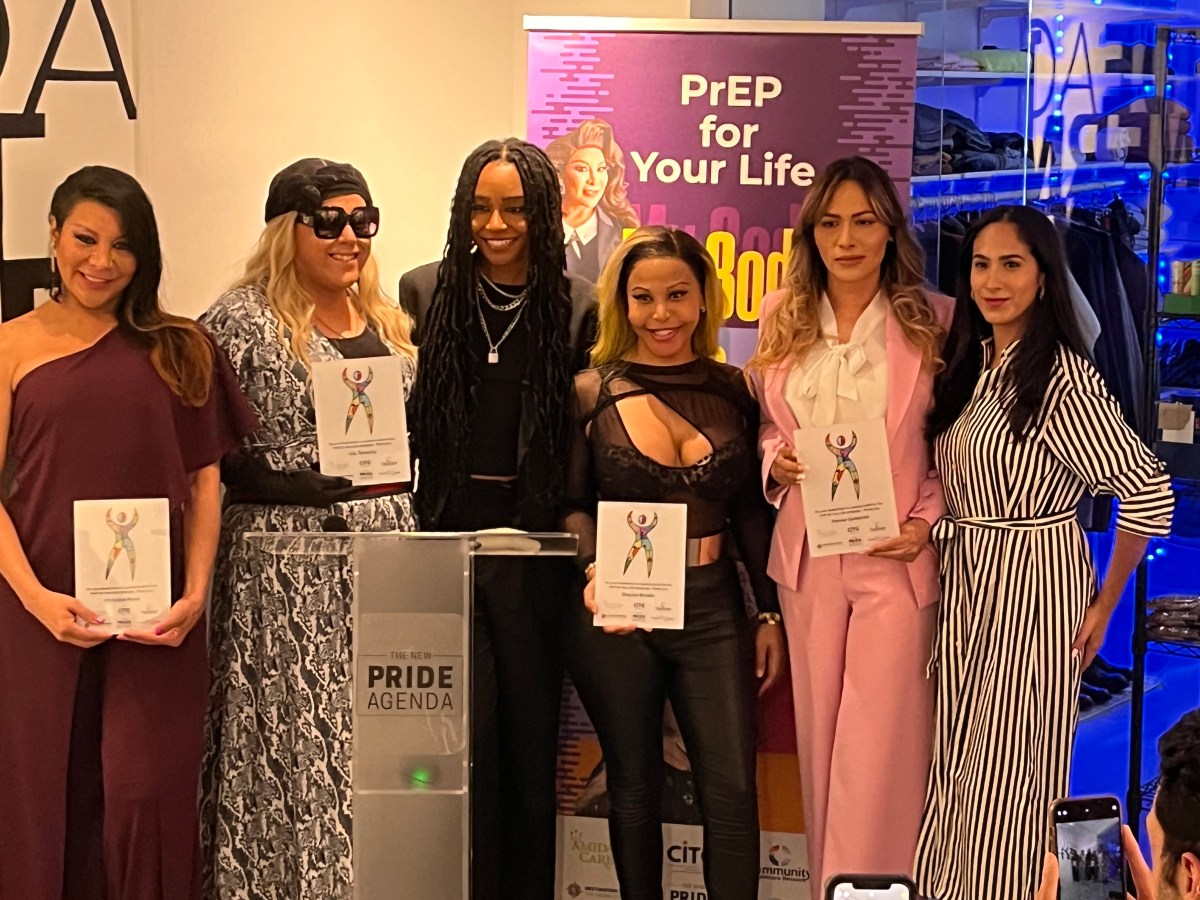
BY DUSICA SUE MALESEVIC | A few months after Zachary DuBow graduated from college in 2012, world events — the Israel-Hamas conflict, the shooting of schoolchildren in Newtown, CT, Hurricane Sandy — led him to conclude that he needed to take action.
“I was very affected by these events, and I donated and I blogged about it,” DuBow told Chelsea Now by phone. “I just tried to feel like I was doing something productive. None of those things made me feel satisfied.”
An idea had been percolating for DuBow, who knew that MetroCards were often discarded with small sums of money on them. He decided to start a nonprofit called The NeXT Stop Project (nextstopproject.org), which collects MetroCards with low amounts, combines them, and then donates them through partners to people who need help getting to their “next stop,” whether it be a job interview or medical appointment.
In late 2012, DuBow wasn’t quite sure how its operations would work, how he would determine who should get the MetroCards, or what impact it would have.
“I realized I had to partner with outreach organizations who would be our distribution partners,” DuBow recalled. He went to the Bowery Mission on Christmas Day to volunteer, and then approached Holy Apostles Soup Kitchen (holyapostlessoupkitchen.org) — now NeXT Stop’s biggest distribution partner, having received 392 MetroCards (from a total of 903 round-trip cards distributed by NeXT Stop so far).
Holy Apostles Soup Kitchen (296 Ninth Ave. at 28th St.) has been a part of Chelsea since 1982, explained Yvonne Cassidy, director of development, in a phone interview. As the largest soup kitchen in the city, she said, it serves 1,000 meals every day — and also helps people find shelter, provides a clothing pantry, and offers phones to use.
At the end of 2012, DuBow met with Richard Trifiro, social services manager for Holy Apostles Soup Kitchen.
He “wanted to see if he could help us with his program,” said Trifiro in a phone interview. “We talked a bit about it, and it was a huge need for us. We never had that ability to offer MetroCards for people.” By January, NeXT Stop was providing round-trip MetroCards to the soup kitchen.
The soup kitchen did, and does, offer something in the line of a referral sheet, a request to the Metropolitan Transportation Authority (MTA) to let someone ride for free, said Trifiro. The person has a 50-50 shot of being given a free ride, he said.
“For really important travel, that’s a risky thing to do,” he said, especially “if somebody has an important benefits appointment.”
NeXT Stop supplies the soup kitchen with anywhere between 25 to 40 round-trip cards every couple of months, said Trifiro. The nonprofit is then provided with a report about how the cards are utilized, whether it was for a medical appointment or job interview.
The response has been incredible for those who get them, he said.
“For those people, they oftentimes are overjoyed and really express how much easier it’s making their day and their week,” Trifiro said. Sometimes people walk as much as 80 blocks to get where they need to go. “It’s just very nice that in some cases we’re able to at least say, ‘Okay, this time you can get a ride.’ ’’
Trifiro had high praise for DuBow, who he said has fought several battles to get the nonprofit off the ground. Around the time that DuBow launched NeXT Stop, the MTA started to charge a $1 fee for new MetroCards. Because of the fee, explained Trifiro, people stopped discarding their cards.
DuBow at one point asked the MTA if he could put collection boxes at stations, but was denied. He did say, however, that he is hopeful to work with someone within their claims department who may be able to combine cards.
Now, DuBow and his co-founder Samantha Molozanov have to go to a booth and ask the attendant to combine the cards. He called it a “very cumbersome process.”
Both DuBow and Molozanov attended New York University. During Molozanov’s sophomore year, he asked her and a few others if they were interested in helping with the nonprofit.
“I loved the idea, so I was the person working most closely with him and helped him start it all up,” said Molozanov in a phone interview. “I really wanted to be a part of it.”
In addition to Holy Apostles Soup Kitchen, she explained, College and Community Fellowship, Greenhope Services for Women, The HOPE Program and the Bronx REAL PROS are also some of their distribution partners.
NeXT Stop has plans to expand their MetroCard collection by placing custom-made boxes at places that are frequented by tourists, such as hotels and tourist agencies, said DuBow. The box is still in the design phase, but there should be a prototype in a few weeks, he noted.
DuBow said he is heartened when the nonprofit gets MetroCards in the mail from tourists.
“It’s really nice getting cards from Kansas, Florida, Oklahoma, California [and] Texas,” he said. “It’s just inspiring to see that other people are thinking about this and they’re trying to do something useful and charitable.”
NeXT Stop is a registered non-profit organization and donations are tax deductible. Visit nextstopproject.org for info on how to volunteer, and for drop-off locations. MetroCards can be mailed to 120 W. 97th Street #3B, New York, NY 10025.

















